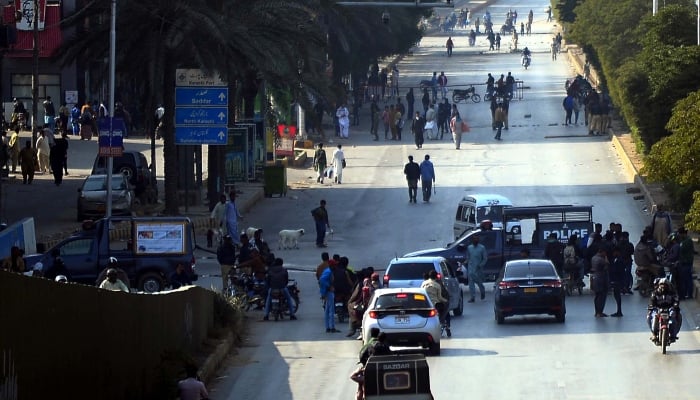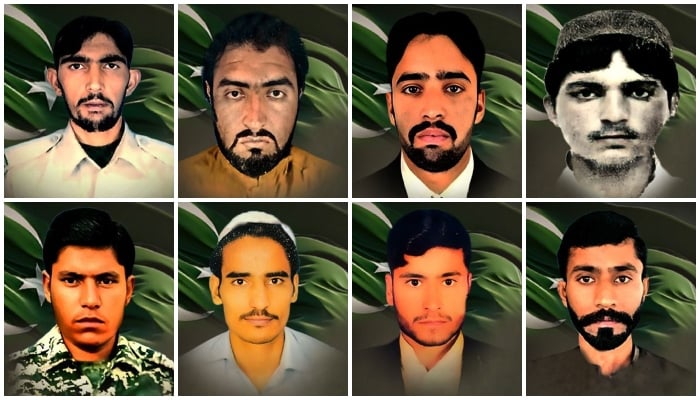Fingerprint, photo now mandatory for B-Form of over-10s
Nadra to begin phase-wise rollout of updated B-Forms from January 15

ISLAMABAD: The federal government has decided to make fingerprints and photographs mandatory for children over the age of 10 as part of their Child Registration Certificate (CRC) commonly known as B-Form.
For the first time in Pakistan’s history, fingerprints and photographs will become mandatory components of the B-Form — “special registration certificate” — a step aimed at preventing identity theft and misuse of information.
Under the phased implementation, special registration certificates will be issued from January 15. The National Database and Registration Authority (Nadra), in collaboration with the Passport Department, will collect biometric data and photographs of children aged 10 to 18 in the first phase, said the Ministry of Interior’s spokesperson.
Parents or legal guardians must accompany the children and would need to bring their CNICs and the child’s computerised birth certificate, the spokesperson added.
Interior Minister Mohsin Naqvi praised the efforts of Nadra and the Directorate General of Immigration and Passports for introducing these reforms.
The minister emphasised that the initiative will combat crimes such as fake ID creation, illegal passport acquisition, and human trafficking.
Following these changes, children in the specified age group must present the updated B-Form, featuring their fingerprints and photograph, when applying for new passports.
The older version of the B-Form without these security features will no longer be acceptable.
The interior ministry spokesperson added that Nadra will take steps to further integrate its identification system with provincial civil registration management systems and enhance services through the Pak-ID mobile app.
Future reforms include the introduction of iris scans and biometric facilities at union councils to further strengthen the national identification process.
The ministry is also planning to issue digital IDs to all Pakistani citizens as part of its broader digital transformation strategy.






